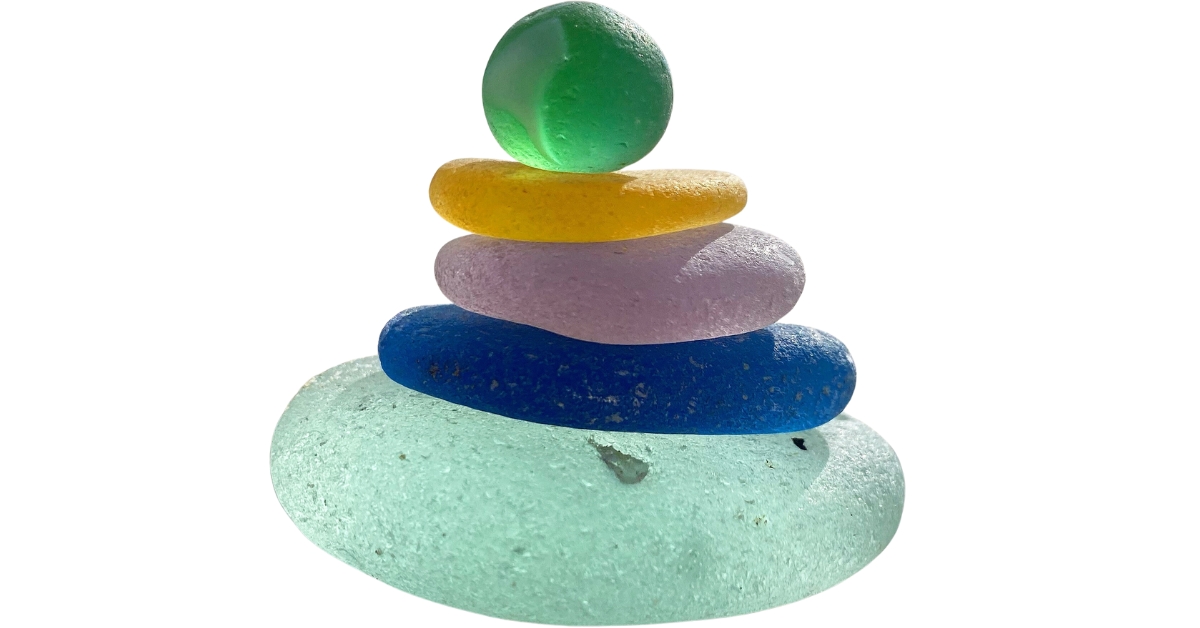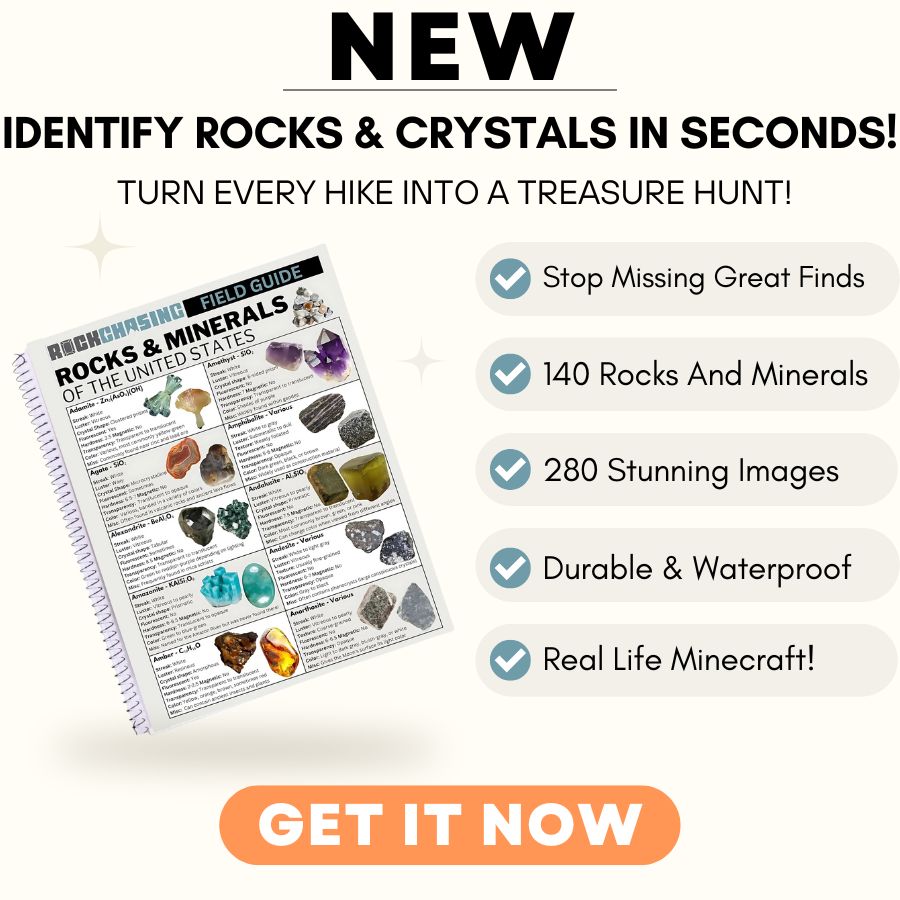With its smooth edges and frosty appearance, sea glass easily captures the attention of anyone who sees it. Created from pieces of glass that have been tumbled and smoothed by the waves, it’s a favorite find for beachcombers.
In this article, we’ll offer expert tips to increase your chances of discovering these elusive pieces. From understanding the best times to search to knowing how to spot the gleam of sea glass among pebbles, we’ll guide you on your beachcombing!
Where And How To Find Sea Glass
If you love the thrill of finding sea glass, here are some expert tips that’ll make your next beach adventure even more exciting. Specifically, we’ll share helpful information on where and how to find these colorful gems along the shore.
Target Beaches With A History Of Human Activity
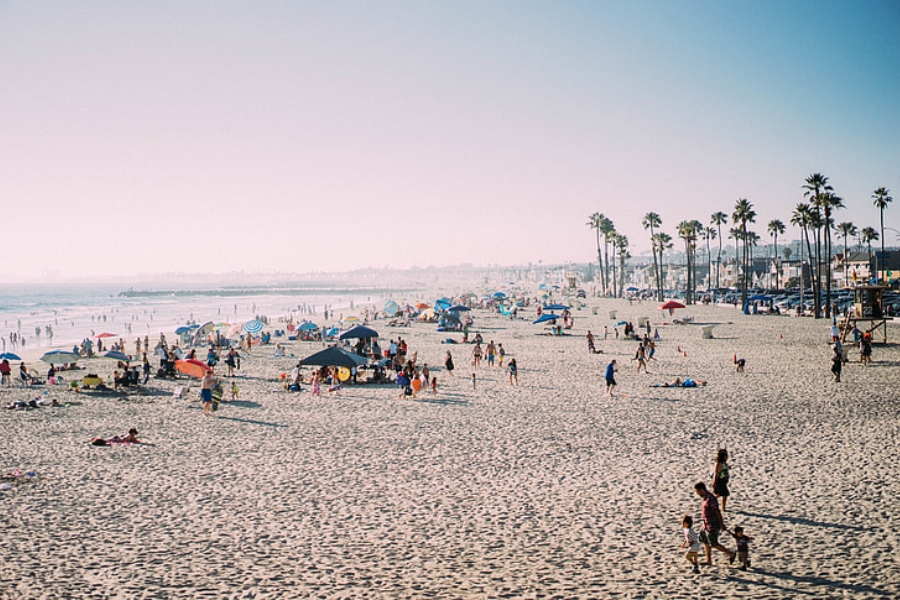
When you’re on the hunt for sea glass, beaches where people have been active for years are your best bet. These spots have seen lots of glass items tossed and turned by the waves.
Over time, what was once sharp and shiny becomes smooth and matte, thanks to the ocean’s natural tumbling process.
Keeping an eye out in these areas increases your chances of finding those sought-after pieces. Next time you’re near the water, remember that the best finds might be where people and the sea have mixed the most.
Seek Out Rocky Or Gravelly Shores
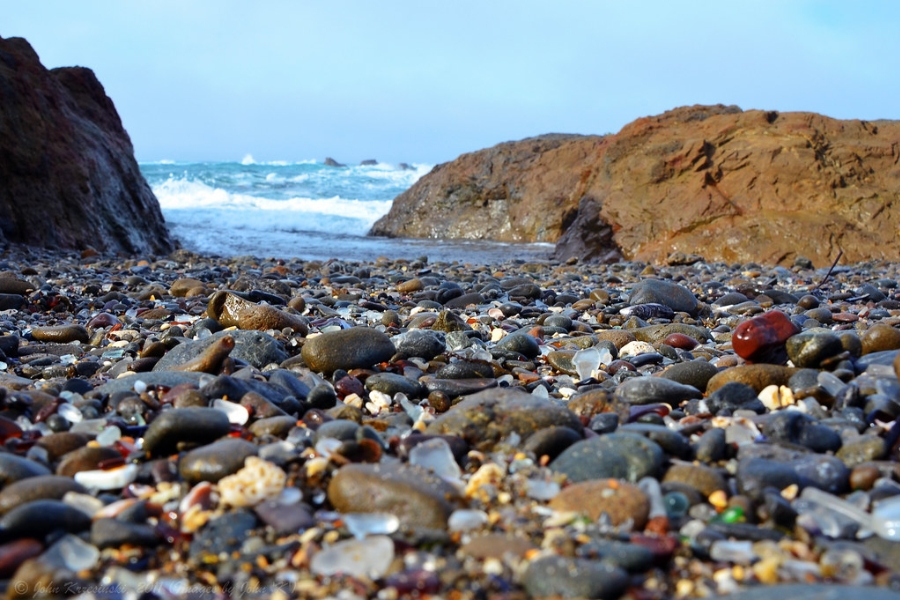
Rocky or gravelly shores are like gold mines for sea glass hunters. The rocks here trap bits of glass, stopping them from being carried back out to sea.
Plus, the constant movement of water and rocks helps smooth the glass faster, turning sharp edges into frosted treasures.
When you’re searching here, you’ll often find sea glass nestled among pebbles or hiding in small rock crevices. The rougher terrain might make your search a bit more challenging, but it also means you could discover more of these colorful wonders.
Go After A Storm
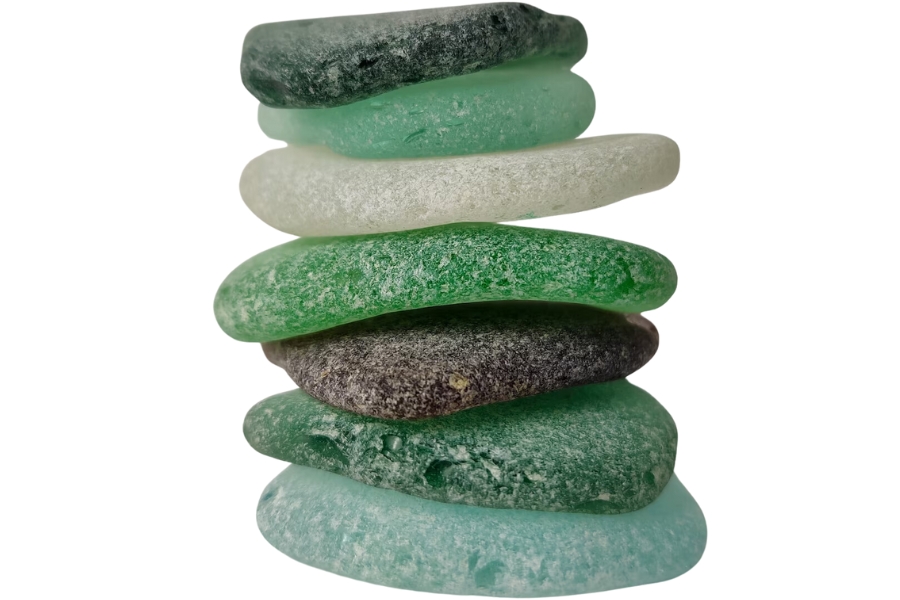
Heading to the beach after a storm can really up your sea glass game. Storms stir the ocean. They can rearrange the beach, uncovering spots where sea glass has been buried.
This means you might find pieces that haven’t seen the light of day in years. When you go hunting post-storm, you’re more likely to stumble upon a wider variety of sea glass, as the powerful waves bring new treasures to the surface.
Just be sure to stay safe and watch for changing conditions.
Search During Low Tide
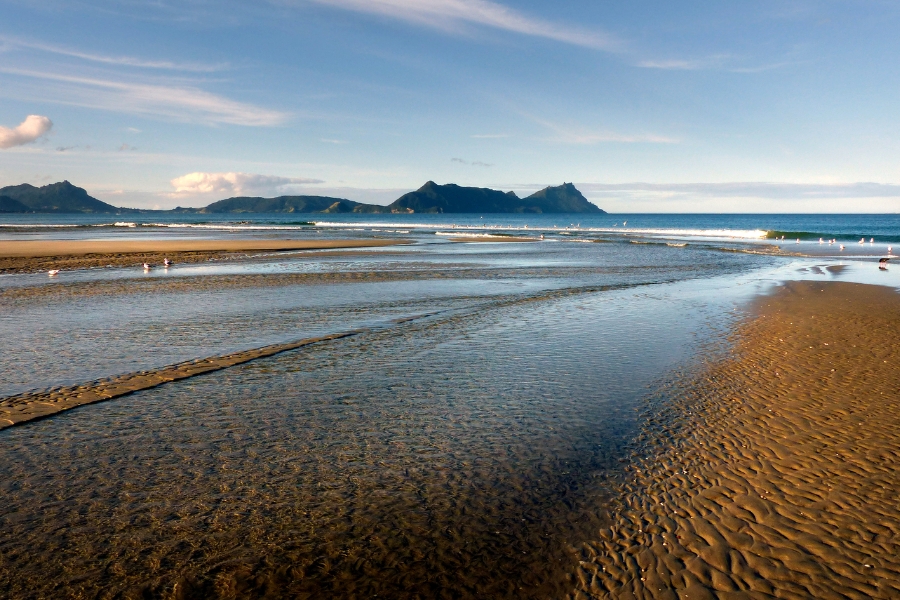
Heading out to search for sea glass during low tide can boost your chances of success. Low tide pulls the sea back, revealing more of the beach and uncovering areas where sea glass might be hiding.
This is when you can walk further out than usual, getting access to spots that are normally underwater. Plus, the wet sand and pebbles make the glass easier to spot because it shines a bit in the sunlight.
So, checking the tide schedule can lead you to some amazing finds that you might not come across at any other time.
Use Sunglasses With Polarized Lenses
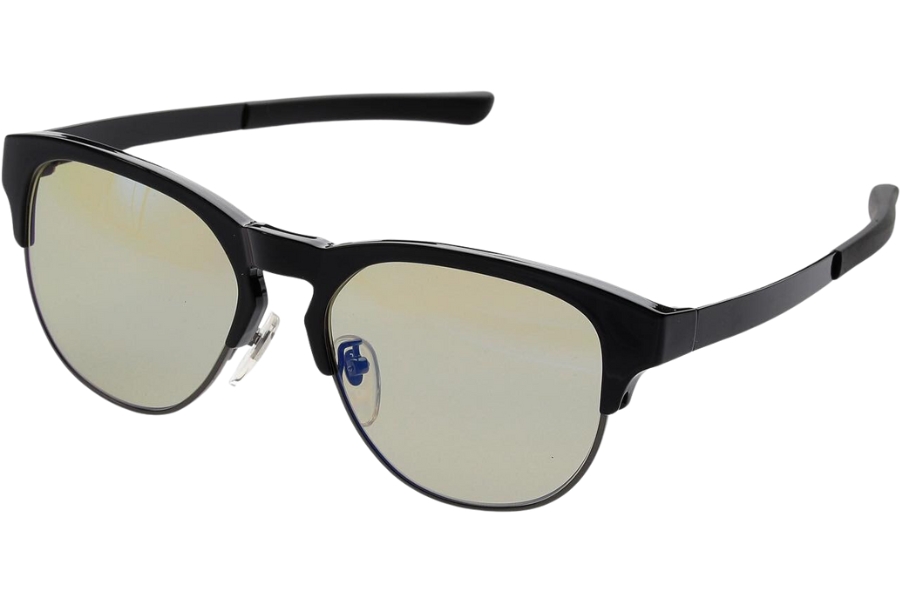
Wearing sunglasses with polarized lenses is a game-changer when you’re searching for sea glass.
These special lenses cut down on the glare from the sun, making it way easier to see the difference between sea glass and regular rocks or sand.
They help you see the colors and shapes more clearly, even when the sun is bouncing off the water or wet sand. Next time you’re planning a sea glass hunt, don’t forget to bring along a pair of polarized sunglasses.
Explore Near Historical Sites

Exploring near historical sites can be a jackpot for finding sea glass. These areas often have a long history of human activity, meaning lots of glass items could have ended up in the water over the years.
Beaches near old settlements, factories, or ports are especially promising because they were busy places where glass was more likely to be discarded.
When you’re near a historical site, take a closer look along the shoreline. You might find some of the most unique and colorful sea glass pieces.
Schedule Early Morning Or Late Afternoon Hunts
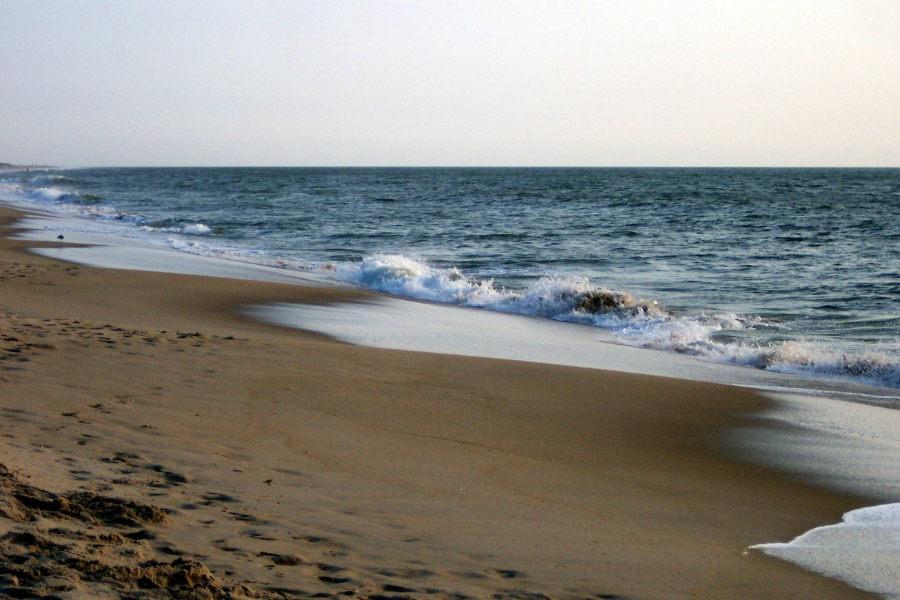
Heading out for sea glass in the early morning or late afternoon can really up your finding game. During these times, the sun’s angle is just right, making the sea glass glimmer and easier to spot among the sand and stones.
The light isn’t as harsh as midday, so you won’t be squinting as much, and the colors of the glass can pop more against the natural backdrop.
Plus, the beach is usually less crowded, giving you more space and peace to focus on your search.
Bring A Rake Or Sand Scoop

Bringing a rake or sand scoop on your sea glass hunts can make a big difference. These tools help you gently sift through sand and pebbles, revealing hidden pieces of sea glass that might be buried.
It’s like uncovering hidden treasures without having to move everything by hand, which can be tough and time-consuming.
Using a rake or scoop also means you can cover more ground faster, increasing your chances of finding special sea glass pieces. It’s a simple way to make your search more efficient and exciting.
Check The High Tide Line
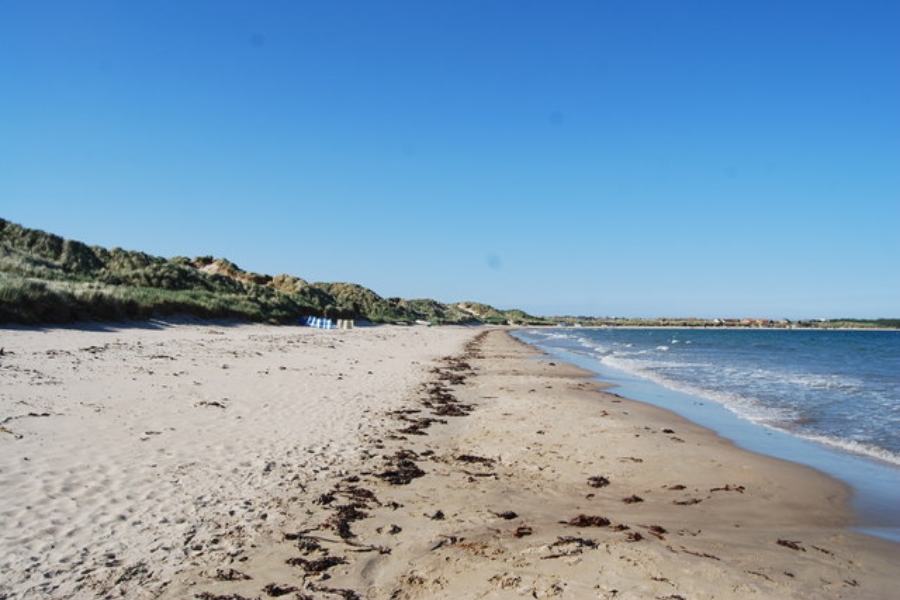
Checking the high tide line is like following a map to treasure when you’re hunting for sea glass.
This line, where the highest waves stop, often collects all sorts of things from the sea, including sea glass. It’s like the ocean’s lost and found, where waves leave behind what they’ve picked up.
When you explore this area, you’re more likely to find sea glass among the seaweed, driftwood, and other ocean gifts. So, walking along this line and keeping your eyes peeled can increase your chances of spotting those frosted jewels.
Patience Is Key
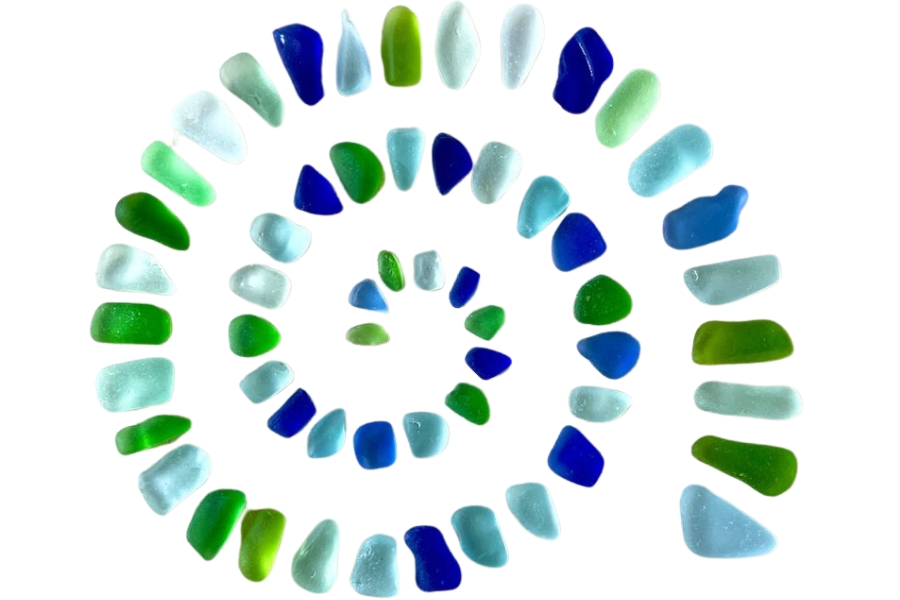
Having patience is super important when you’re on the hunt for sea glass. It’s not always about finding a piece right away; sometimes, you’ve got to spend a lot of time looking.
The beach is big, and sea glass can be small or hidden, making it easy to miss if you’re in a hurry. Taking your time, moving slowly, and really looking at the beach around you can make a big difference.
Remember, every piece of sea glass has spent years being shaped by the waves, so taking a few extra minutes to find one seems worth it, right?
Respect Beach Etiquette And Regulations
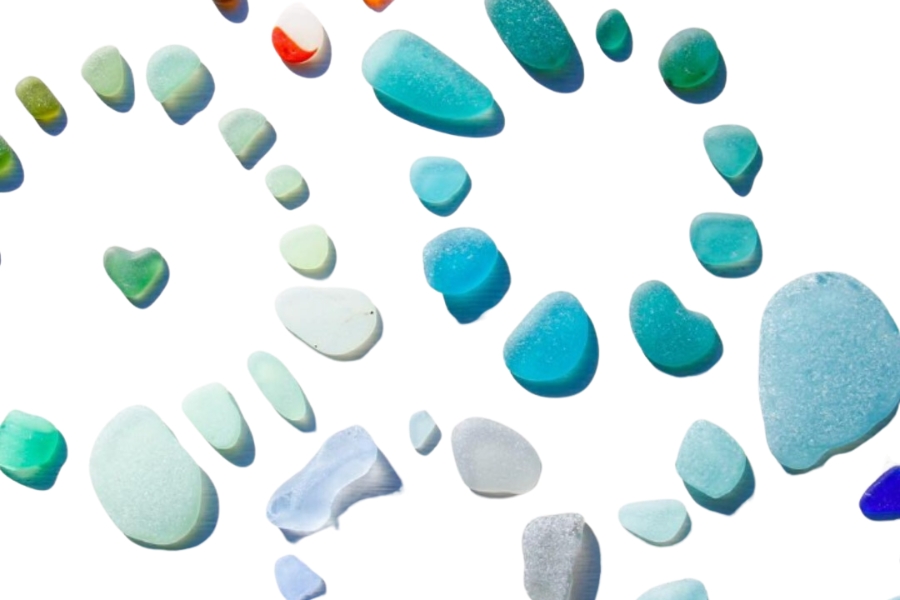
Following beach etiquette and regulations is all about being mindful of the environment and the local rules that keep our beaches safe and clean.
By respecting these guidelines, you ensure that the beaches remain open and accessible for everyone to enjoy, including future sea glass hunters like yourself.
This means sticking to areas where you’re allowed to collect and not taking more than you need. Also, being a good beach citizen can lead to positive interactions with others who might share their secret spots or tips with you.
Join Community Groups Or Forums
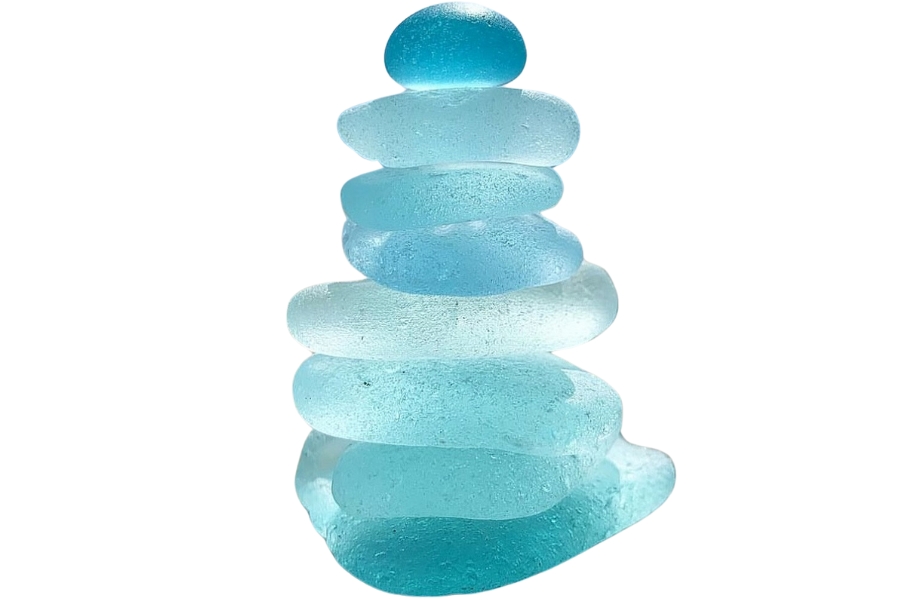
Joining community groups or forums focused on sea glass can boost your hunting success.
These groups are full of people who share your interests and often your local area. They’re usually excited to share tips, like the best times to search and the most promising spots they’ve found.
Being part of a community also means you can learn from others’ experiences, saving you time and effort in finding those elusive pieces. It’s also a great way to make friends who are eager to swap stories and finds.

